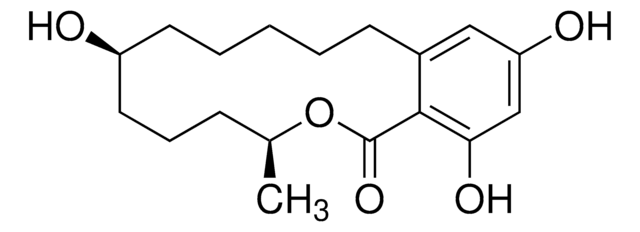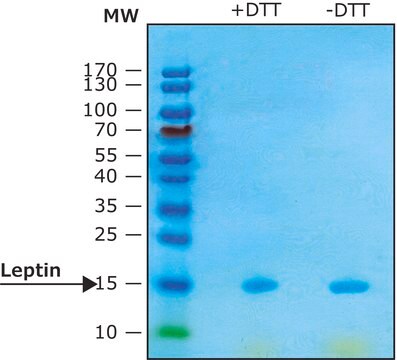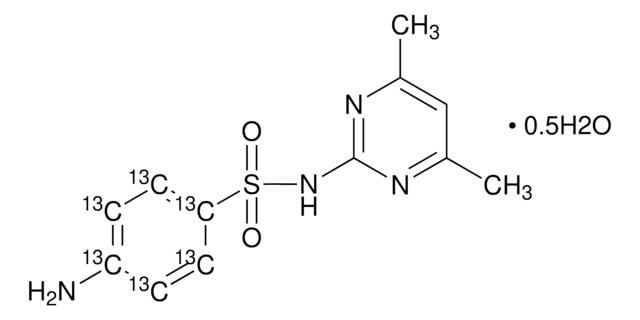Z2000
β-Zearalenol
≥98%
Synonym(s):
beta-Zearalenol, 2,4-Dihydroxy-6-(6β,10-dihydroxy-trans-1-undecenyl)benzoic acid μ-lactone
About This Item
Recommended Products
Quality Level
Assay
≥98%
form
powder
storage temp.
−20°C
SMILES string
C[C@H]1CCC[C@@H](O)CCC\C=C\c2cc(O)cc(O)c2C(=O)O1
InChI
1S/C18H24O5/c1-12-6-5-9-14(19)8-4-2-3-7-13-10-15(20)11-16(21)17(13)18(22)23-12/h3,7,10-12,14,19-21H,2,4-6,8-9H2,1H3/b7-3+/t12-,14-/m0/s1
InChI key
FPQFYIAXQDXNOR-PMRAARRBSA-N
Gene Information
rat ... Ar(24208)
Related Categories
Application
- Synthesis of amino glycoside nucleotides
- Enzymatic synthesis of glucuronides of zearalenone
- Derivatization of Zearalenone
Signal Word
Danger
Hazard Statements
Precautionary Statements
Hazard Classifications
Repr. 2 - Skin Corr. 1B
Storage Class Code
8A - Combustible corrosive hazardous materials
WGK
WGK 2
Flash Point(F)
Not applicable
Flash Point(C)
Not applicable
Certificates of Analysis (COA)
Search for Certificates of Analysis (COA) by entering the products Lot/Batch Number. Lot and Batch Numbers can be found on a product’s label following the words ‘Lot’ or ‘Batch’.
Already Own This Product?
Find documentation for the products that you have recently purchased in the Document Library.
Customers Also Viewed
Our team of scientists has experience in all areas of research including Life Science, Material Science, Chemical Synthesis, Chromatography, Analytical and many others.
Contact Technical Service











